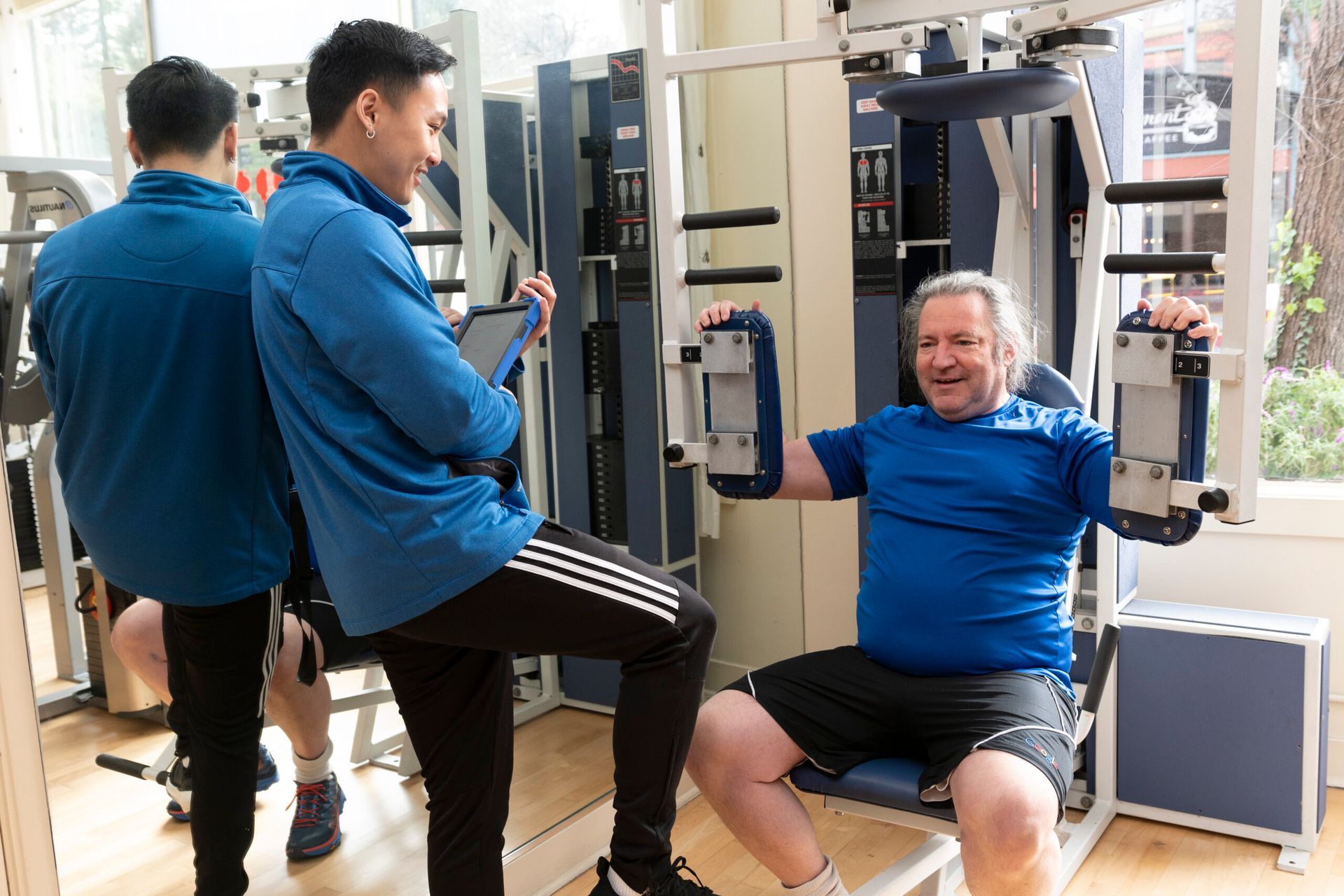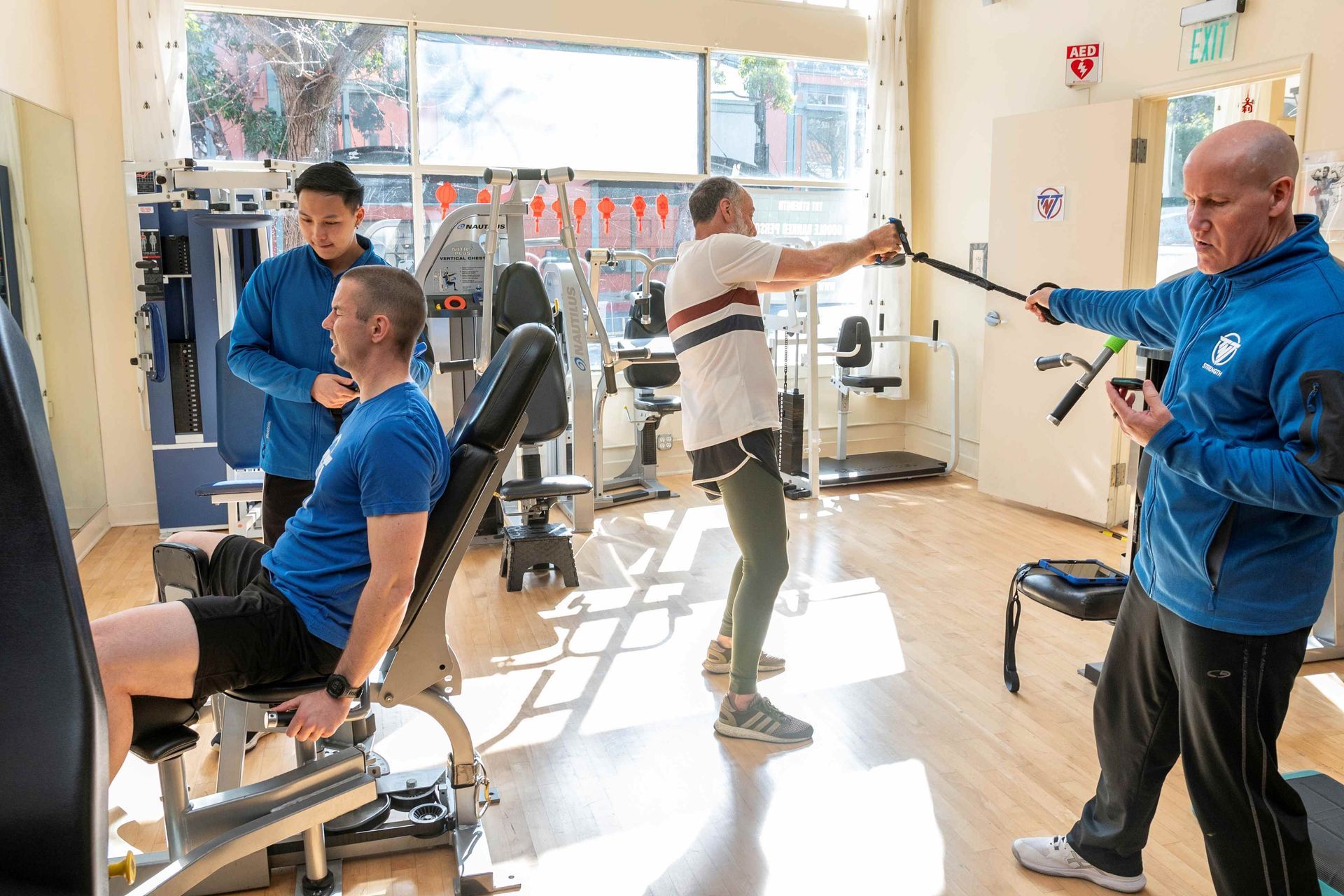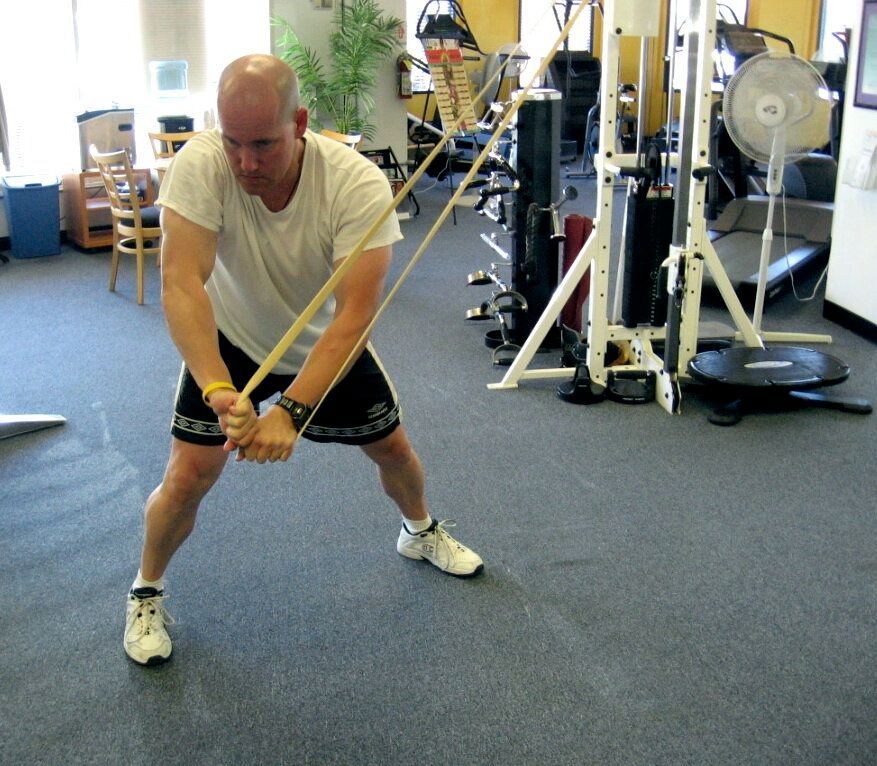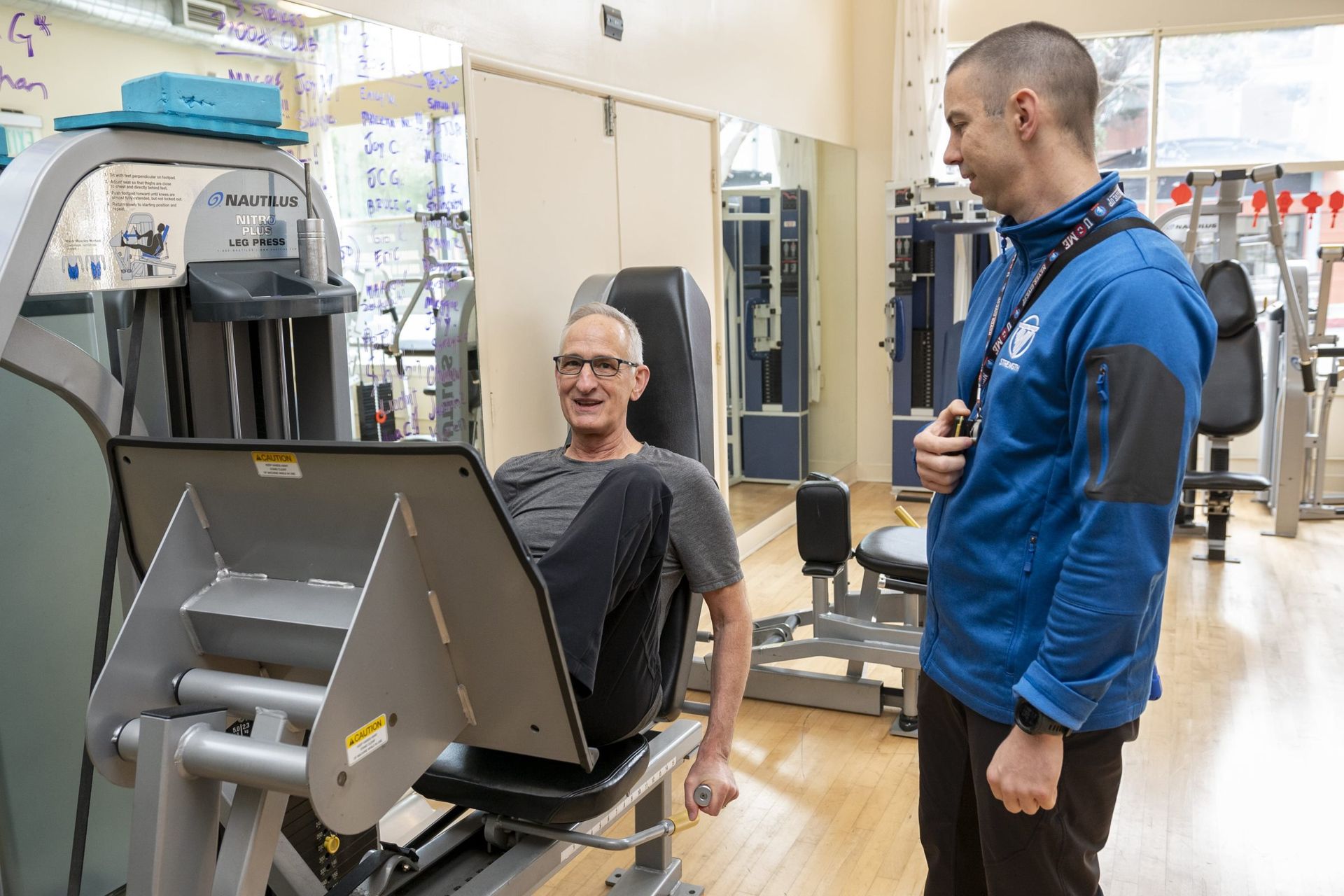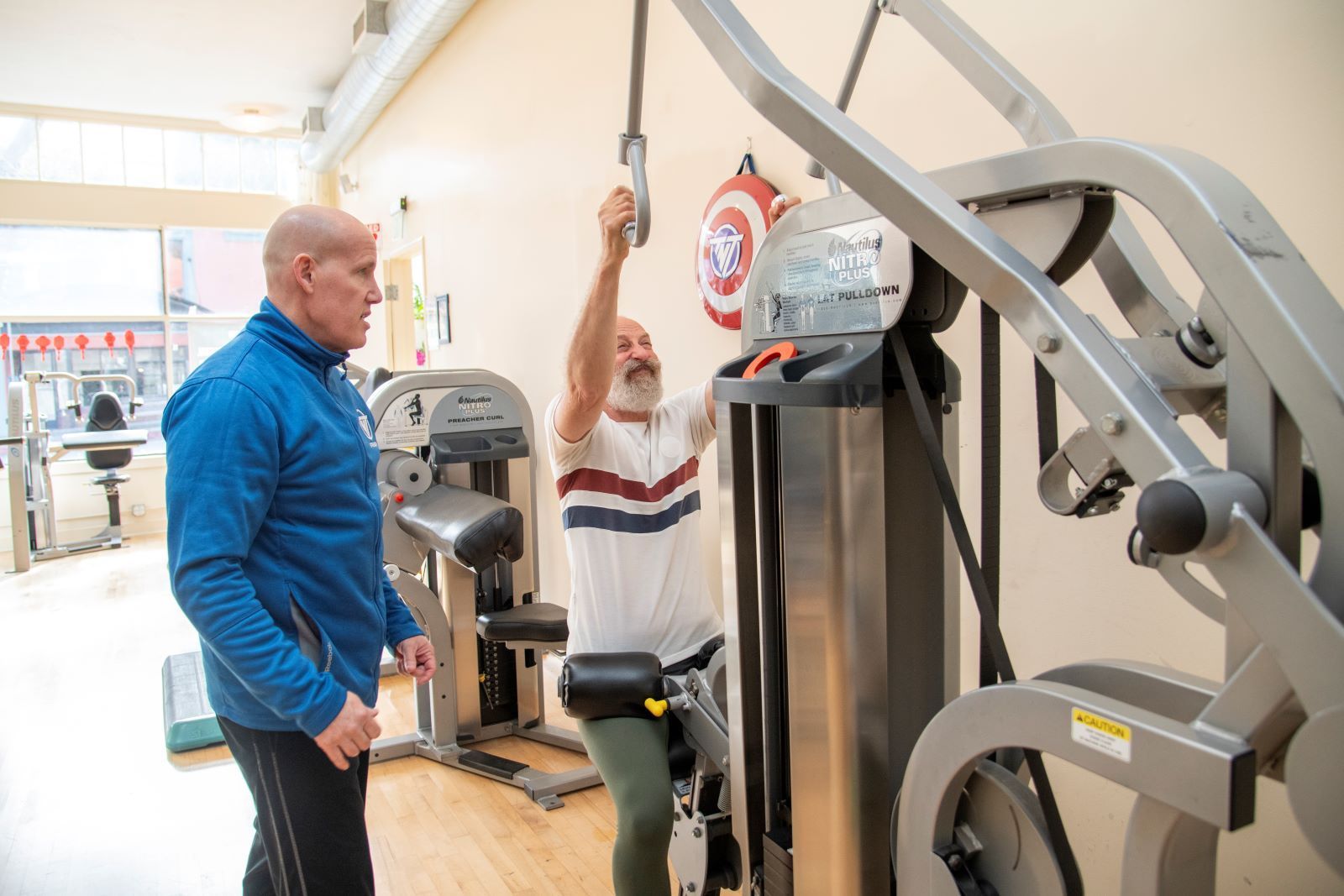Can Strength Training Improve Cognitive Function? The Research Says Yes.
The Brain-Body Connection You Never Knew About
When most people think of strength training, they picture bigger muscles, better posture, or maybe just looking good in a T-shirt. But here's something that's often overlooked—and arguably even more important as we age: lifting weights may be one of the best things you can do for your brain.
At TNT Strength , we've always championed safe, efficient, and effective training that supports long-term health. And cognitive health is a huge part of that equation. Whether you're 25 or 75, what's happening upstairs is just as critical as what's happening in your muscle tissue. The good news? Modern science keeps showing us that resistance training is not just for your biceps—it's a powerful tool for your brain.
Let's dig into the research.
Resistance Training and Brain Function: What the Science Shows
🧠 Improved Executive Function & Memory
A landmark study published in Archives of Internal Medicine followed women aged 65–75 who performed resistance training twice a week. After 12 months, the group that strength trained had significant improvements in executive functions , such as decision-making, conflict resolution, and memory performance—compared to a control group doing basic stretching.
Another study from NeuroImage: Clinical in 2019 used MRI scans to show that older adults who engaged in weight training for just six months increased cortical thickness in areas of the brain associated with cognitive function. In plain English: strength training helped their brains stay young.

💪 Muscle Matters to Your Mind
Sarcopenia, or age-related muscle loss, is tied not just to physical decline but also to cognitive deterioration . Resistance training helps slow or even reverse this muscle loss—and the more muscle mass you maintain, the more protection your brain seems to get. One proposed mechanism? A protein called BDNF (Brain-Derived Neurotrophic Factor) .
BDNF is like Miracle-Gro for your neurons. It supports the growth and survival of brain cells, improves mood, and enhances memory. Resistance training—particularly at higher intensities—has been shown to increase BDNF levels , potentially shielding the brain from degenerative diseases like Alzheimer's and Parkinson's.
Why It Works: Hormones, Blood Flow, and Neuroplasticity
Here's the physiological breakdown:
🩸 Increased blood flow: Strength training improves cardiovascular health and promotes better circulation—including to the brain. More oxygen and nutrients, better cognitive performance.
⚡ Hormonal support: Resistance training boosts levels of IGF-1 (Insulin-like Growth Factor 1) , which plays a key role in neuroplasticity—the brain's ability to form new connections.
🔥 Reduced inflammation: Chronic inflammation is tied to brain fog and cognitive decline. Strength training reduces systemic inflammation markers like CRP and IL-6.
Together, these changes create an internal environment that supports sharp thinking, faster recall, and long-term brain health .

The TNT Strength Approach: Strength for Body and Brain
At TNT Strength, our mission is to help you build strength with purpose. That doesn't mean endless sets or chasing PRs for the sake of ego. It means training in a way that enhances all aspects of your life , from functional movement to mental clarity.
Our Focus Areas:
- Intensity over volume
- Proper form and control
- Progressive overload without injury risk
- Full-body workouts that challenge both muscles and nervous system
TAKU'S NOTE: When you train this way—consistently and intelligently—you're not just building muscle. You're building mental resilience , improving your mood, and supporting long-term cognitive function.

Scientific References
1. Resistance Training Improves Executive Function in Older Women
Study Title:
Resistance training and executive functions: A 12-month randomized controlled trial
Authors:
Teresa Liu-Ambrose et al.
Published in:
Archives of Internal Medicine
(JAMA Network), 2010
Findings: Older women who performed strength training twice weekly for a year showed significant improvements in executive functions (such as decision-making, planning, and conflict resolution) compared to a control group doing balance and toning exercises.
2. Strength Training Increases Brain Volume and Improves Cognitive Function
Study Title:
Resistance training rejuvenates the aging brain: A 6-month randomized controlled trial
Authors:
Jennifer C. Best et al.
Published in:
NeuroImage: Clinical
, 2019
Findings: Six months of resistance training led to increased cortical thickness and enhanced cognitive performance in older adults. MRI scans showed structural improvements in areas of the brain tied to memory and executive function.
3. BDNF and Resistance Exercise
Study Title:
Resistance exercise increases peripheral brain-derived neurotrophic factor
Authors:
Marston KJ, Newton MJ, Brown BM, Rainey‑Smith SR, Bird S, Martins RN, Peiffer JJ
Published in:
Journal of Science and Medicine in Sport
, 2017;20(9):899–903
This peer-reviewed article demonstrates that an acute bout of intense resistance exercise elevates peripheral BDNF levels, which are closely tied to enhanced cognitive function.
Ready to train your body AND your brain? Contact TNT Strength today to learn more about our science-backed approach to fitness.
Experience the TNT Strength difference with a free workout.
START YOUR FITNESS TRANSFORMATION WITH A
FREE WORKOUT
Complete the form and we'll set up an appointment for you.
Recent Articles
